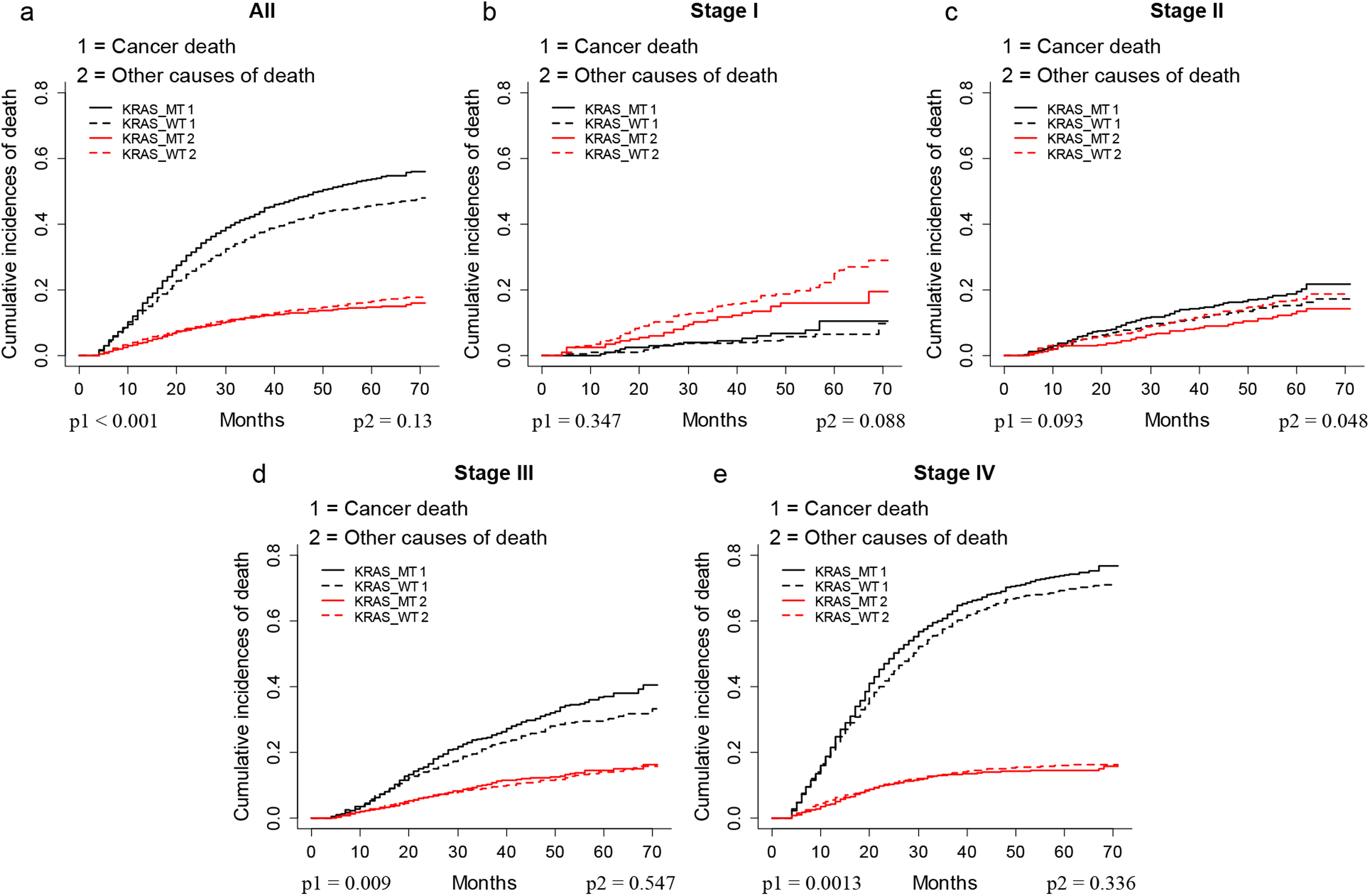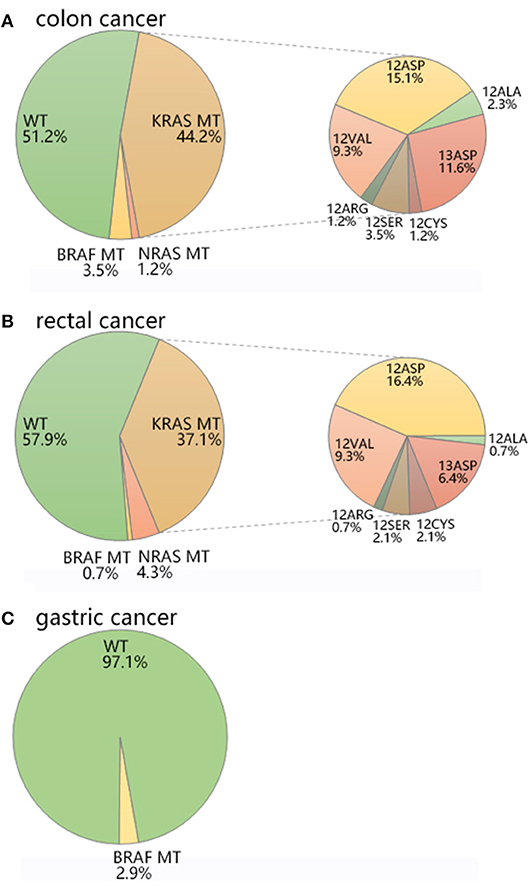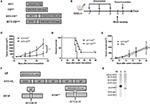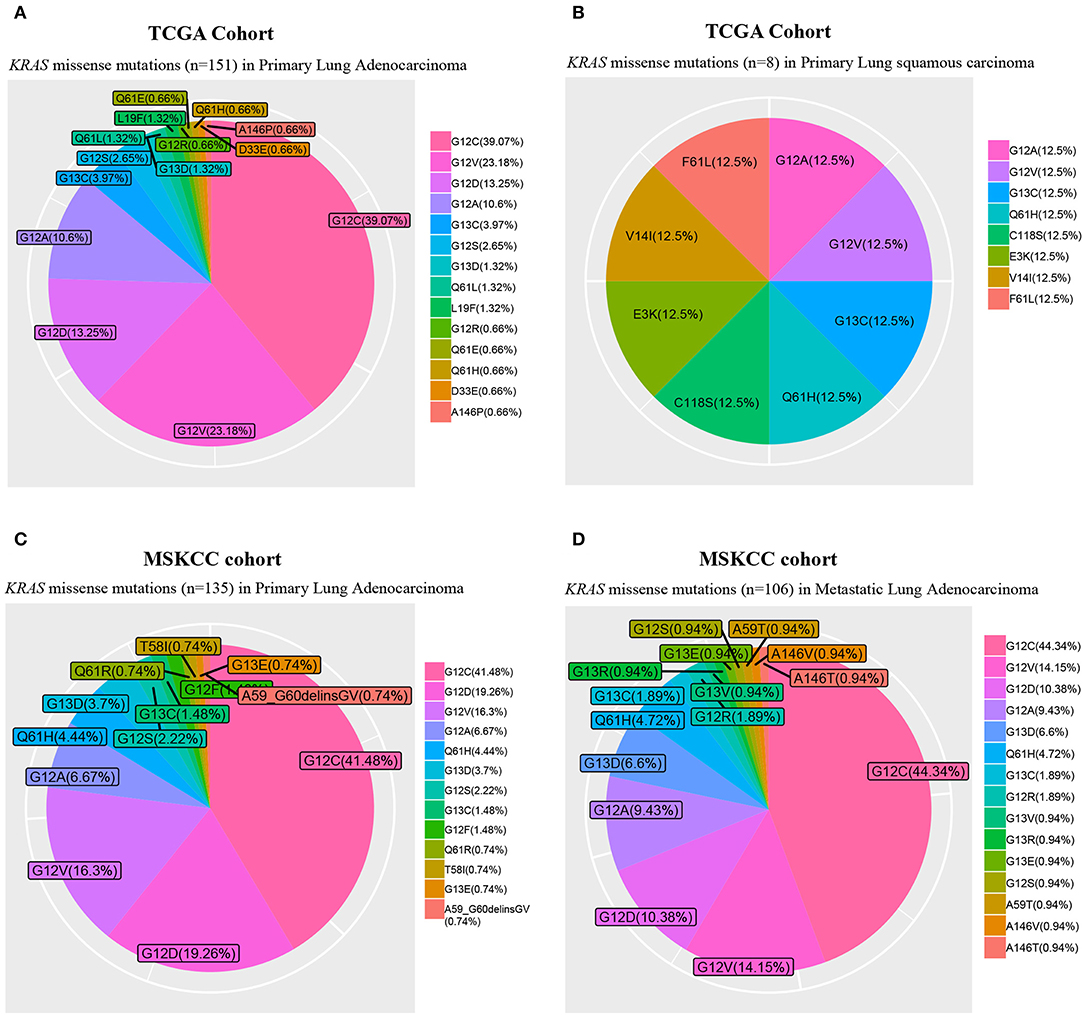Colorectal cancer, or colon cancer, is a deadly disease that affects the colon and rectum, parts of the digestive system responsible for waste processing. Research on the KRAS gene has emerged as crucial in understanding and treating this type of cancer.
By unraveling the molecular structure and function of KRAS, scientists aim to develop new therapeutic approaches for patients. With approximately 40% to 50% of cases showing KRAS mutations, targeting this gene could improve treatment options and patient outcomes.
Exploring KRAS may also shed light on related signaling pathways and lead to innovative targeted therapies. The study of KRAS holds great promise in revolutionizing colorectal cancer treatment and improving patients’ lives.
Definition and Overview of Colon Cancer
Colon cancer, also known as colorectal cancer, is a type of malignancy that originates in the colon or rectum. It often begins as small growths called polyps, which can gradually develop into cancerous cells. These cells have the potential to invade nearby tissues and even spread to other parts of the body, leading to severe health complications.
Early detection plays a crucial role in successfully treating colon cancer. Regular screenings, such as colonoscopies, are recommended for individuals at risk or above a certain age. By identifying and removing polyps before they become cancerous, the chances of effective treatment and improved outcomes are significantly increased.
Recognizing the signs and symptoms associated with colon cancer is essential for early intervention. Changes in bowel habits, including persistent diarrhea or constipation, should not be ignored. Rectal bleeding or blood in stool can also indicate a potential problem.
Unexplained weight loss and abdominal pain are additional warning signs that should prompt medical attention.
Although these symptoms may be caused by various factors, it is vital to consult with a healthcare professional to rule out any serious underlying conditions such as colon cancer. Timely diagnosis is key to initiating appropriate treatment options and improving long-term prognosis.
Importance of Understanding the Molecular Structure and Function of KRAS
The KRAS gene is a crucial component of the RAS gene family, responsible for encoding proteins involved in cell signaling pathways controlling cell growth and division. When functioning properly, KRAS helps regulate normal cell proliferation.
However, mutations in the KRAS gene can lead to its overactivation or permanent activation, even when it shouldn’t be. This alteration results in uncontrolled cell growth and contributes to tumor development.
Understanding the molecular structure and function of KRAS is essential in unraveling its significance in various biological processes and developing targeted therapies to inhibit its aberrant activity.
Research has made significant progress in understanding KRAS mutations and their association with different types of cancer. By studying how these mutations impact KRAS at a molecular level, scientists are gaining insights that pave the way for novel therapeutic strategies.
Advancements in technology have enabled more comprehensive analysis of KRAS mutations, leading to promising breakthroughs in targeted therapies specifically tailored to inhibit mutated forms of KRAS. These treatments hold great potential for improving patient outcomes by directly targeting the underlying cause driving tumor growth.
Roles of Oncogenic KRAS in Colorectal Cancer Prognosis, Diagnosis, and Treatment
The oncogenic KRAS gene plays a significant role in colorectal cancer prognosis, diagnosis, and treatment. Patients with KRAS mutations often experience more aggressive disease progression. Identifying these mutations is crucial for accurate diagnosis and predicting patient outcomes.
However, treating patients with oncogenic KRAS mutations has historically been challenging. Understanding the specific molecular alterations caused by these mutations is essential for developing targeted therapies.
Research is focused on inhibiting downstream signaling pathways activated by mutant KRAS proteins and exploring combination therapies to overcome resistance mechanisms. Personalized treatment based on individual genetic profiles offers new possibilities for managing colorectal cancer patients with oncogenic KRAS mutations.
KRAS Molecular Structure and Function
The KRAS gene encodes a protein that plays a crucial role in transmitting signals from cell surface receptors to the nucleus, regulating various cellular processes. Its structure consists of different domains that interact with other molecules, coordinating signaling pathways.
Normal KRAS proteins transmit signals that promote controlled cell growth and division when activated by growth factors. However, mutations in KRAS disrupt this balance, leading to uncontrolled proliferation and tumor formation.
Understanding the molecular structure of KRAS is vital in comprehending its function. The protein comprises domains like Switch I and the effector-binding region, which facilitate interactions with downstream effectors necessary for normal cell behavior.
Mutations in specific codons within these domains result in modified protein structures that impair normal functionality. Consequently, mutated KRAS proteins become persistently active, even without external stimuli or growth factors.
This perpetual activation leads to dysregulated signal transmission and aberrant cell behavior associated with cancer development.
In summary, understanding both the molecular structure and function of KRAS is essential for grasping its role in cellular signaling pathways. Mutations within this gene disrupt its ability to transmit signals properly, contributing to uncontrolled cell proliferation and tumor formation.
Researchers aim to develop targeted therapies that can counteract these oncogenic effects and provide improved treatment options for patients affected by KRAS-driven cancers.
Significance of KRAS Mutations in Colorectal Cancer Development
KRAS mutations play a crucial role in the development of colorectal cancer, with their presence being detected in approximately 40% of cases. These genetic alterations are among the most commonly observed in this disease, making them an area of significant interest for researchers and healthcare professionals alike.
The occurrence of KRAS mutations is typically early on in tumor development and tends to persist throughout its progression. This suggests that these mutations are not merely random events but rather key drivers in the growth and spread of colorectal cancer.
Understanding the impact of a mutated KRAS gene is essential as it has direct implications for both prognosis and treatment response. Patients with colorectal cancers harboring KRAS mutations often experience poorer outcomes compared to those with wild-type (non-mutated) tumors.
This knowledge allows healthcare providers to tailor treatment plans accordingly, taking into account the specific genetic profile of each patient’s cancer.
The oncogenic nature of KRAS mutations means that they lead to uncontrolled cell growth and division, enabling tumors to proliferate rapidly. Consequently, patients with KRAS-mutated colorectal cancers may exhibit more aggressive disease characteristics, such as increased invasiveness or metastatic potential.
Furthermore, the presence of a mutated KRAS gene can impact how tumors respond to certain therapies. For instance, targeted therapies known as anti-EGFR (epidermal growth factor receptor) treatments have been shown to be less effective in patients with KRAS-mutated colorectal cancer.
Identifying these mutations beforehand allows doctors to avoid prescribing medications that are unlikely to benefit the patient, optimizing their treatment outcomes.
In summary, understanding the significance of KRAS mutations in colorectal cancer development is crucial for accurate prognostication and appropriate treatment selection for patients.
By recognizing the impact that these genetic alterations have on tumor behavior and therapy response, healthcare professionals can provide personalized care that maximizes chances of success.
Mechanisms by Which KRAS Mutations Contribute to Tumor Growth
Mutated KRAS proteins drive tumor growth through various mechanisms. They hyperactivate signaling pathways, promoting cell survival and proliferation even without external signals. They also suppress apoptosis, allowing cancer cells to evade cell death.
Additionally, mutated KRAS enhances angiogenesis, facilitating the formation of new blood vessels that supply tumors with nutrients and oxygen for their growth. These interconnected mechanisms highlight the relentless nature of KRAS-mutated tumors and underscore the importance of targeted therapies to disrupt their progression.
Targeting KRAS in CRC Therapy
Developing effective therapies to directly target and inhibit mutated KRAS proteins has been a significant challenge in colorectal cancer (CRC) treatment. Recent advancements offer new avenues for intervention:
- Direct inhibition of mutant KRAS:
-
Researchers explore strategies to block mutant KRAS activity using small molecule inhibitors and monoclonal antibodies.
-
Combination therapies:
- Combining targeted therapies with chemotherapy regimens shows promise in overcoming resistance mechanisms associated with mutant KRAS.
These approaches hold potential for disrupting cancer growth by interfering with the signaling pathways driven by mutant KRAS. By combining targeted therapies with chemotherapy, clinicians aim to enhance treatment response and address both molecular drivers of cancer growth and a wider range of tumor cells.
Continued research is crucial for refining these strategies and improving outcomes for colorectal cancer patients.
[lyte id=’D2TnJ8EX_xE’]





